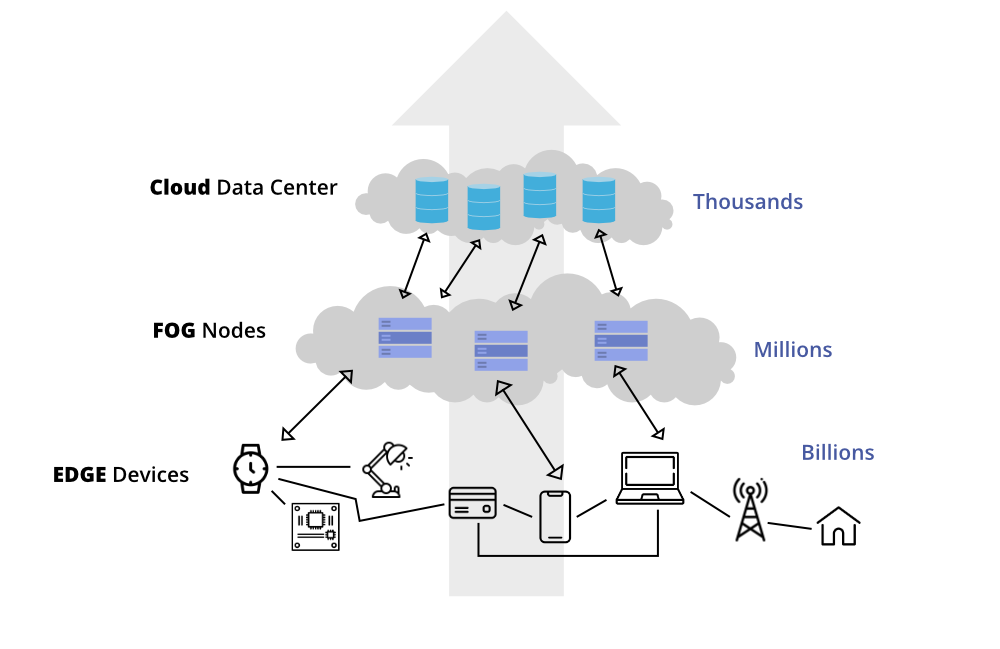How to Choose the Right Search Engine Software for Your Needs
Search engines have become an integral part of our digital lives, helping us find information, products, services, and more. Behind the scenes, various types of search engine software power these searches, each designed to cater to specific needs and requirements. In this article, we’ll take a closer look at seven distinct types of search engine software, highlighting their features, use cases, and significance in today’s digital landscape.
1. Web Search Engines
Web search engines, the most common type, index and retrieve information from websites across the internet. Google, Bing, and Yahoo are prime examples of web search engines that provide users with a vast repository of information covering a wide range of topics.
2. Enterprise Search Engines
Enterprise search engines are tailored for organizations to index and retrieve data from their internal systems, databases, and documents. These solutions, such as Elasticsearch and Microsoft Search, improve productivity by enabling employees to quickly find relevant information within their corporate environment.
3. Site Search Engines
Site search engines enhance the user experience on websites by providing an efficient way to search for specific content within the site. These engines, often integrated into e-commerce platforms or content management systems, help visitors find products, articles, or information quickly and easily.
4. Desktop Search Engines
Desktop search engines focus on indexing and retrieving data from a user’s local computer. They offer swift access to files, emails, and documents, aiding users in managing their personal data and streamlining their workflow. Tools like Windows Search and Apple’s Spotlight are examples of desktop search engines.
5. Vertical Search Engines
Vertical search engines, also known as niche or specialized search engines, focus on a specific industry or topic. These engines provide more targeted results by indexing content relevant to a particular subject. Examples include medical search engines, travel search engines, and job search engines like Indeed.
6. Meta Search Engines
Meta search engines aggregate search results from multiple other search engines and present them to users. These engines offer a broader range of sources and perspectives, enhancing the chances of finding comprehensive and diverse information. Dogpile and Metacrawler are examples of meta search engines.
7. Visual Search Engines
Visual search engines utilize images as input to retrieve relevant results. By analyzing the visual features of images, these engines allow users to find similar images, products, or information online. Pinterest Lens and Google Images are well-known examples of visual search engines.
The world of search engines is diverse and dynamic, with various types of search engine software catering to different user needs and contexts. From general web searches to specialized enterprise solutions, each type plays a crucial role in helping users find the information they seek efficiently. As technology continues to evolve, the evolution of search engines will undoubtedly continue, adapting to the changing needs of users in an increasingly connected digital world.












